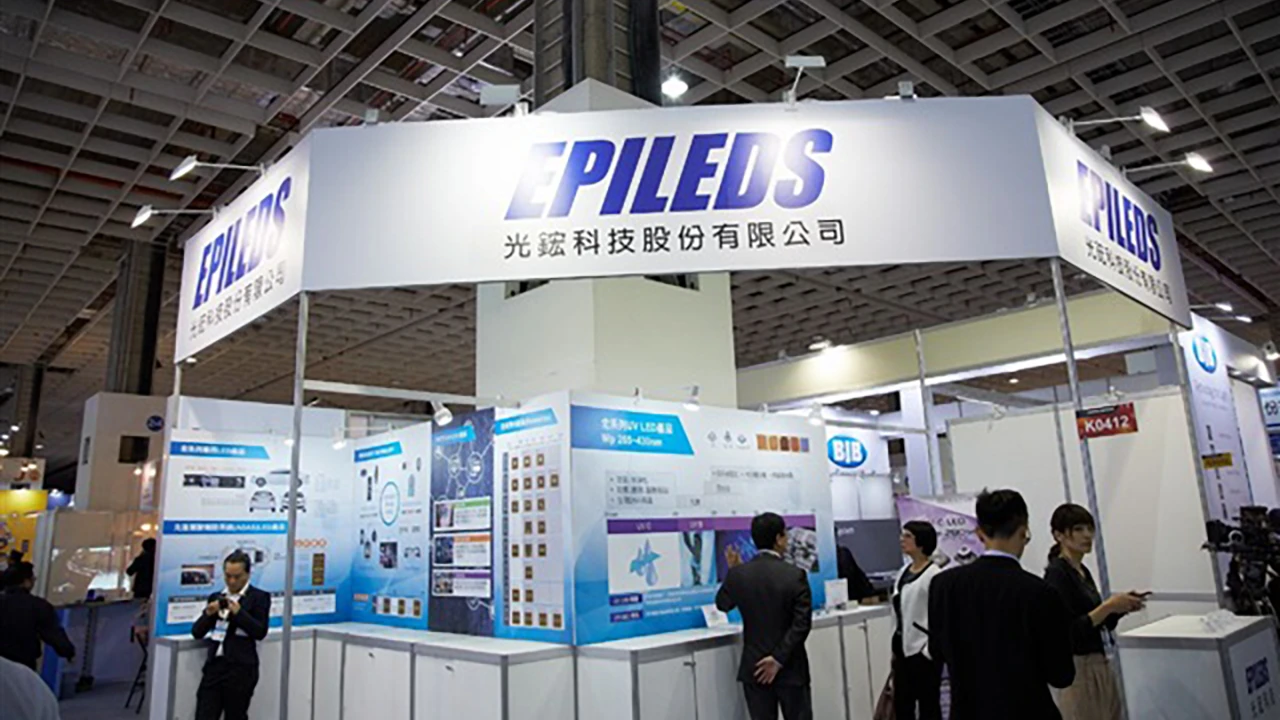
China eases controls on exports of complex semiconductors, providing relief to LED makers
Depth facilitates export control semiconductor materials like indium and germanium, with the measure taking effect on Nov. 1, alleviating the challenges faced by LED makers such as the company EPI LEDS Technologies.
The move comes after a three-year fight for export licenses, which particularly affected the supply of gallium arsenide (GaAs), a key substrate material for the epitaxial growth of four-member LED chips.
President of EPI LEDS, Hsu Ming-Sen, he confirmed for DigiTimes stable supply of the company's GaAs substrate, expecting a recovery in market demand in the second quarter of 2024, driven by the introduction of new products and additional revenue. Despite a challenging 2023, the company is showing a strategic shift in product focus, with an emphasis on sensors, automotive lighting, and treatment and disinfection applications as its three core business operations.
EPI LEDS sensor revenue share reached 39% in the first three quarters of 2023, up from 34% a year earlier. The automotive application segment increased to 28% from 27%, while the treatment and disinfection segments declined to 17% from 21% and to 4% from 7%, respectively.
China Eases Control – Global Spread Sees Rise
Following China's move to ease export controls, Hsu detailed plans for global market expansion outside of China, highlighting sensor products for industrial use and red-yellow LED products for cars as key growth drivers.
He admitted that strong price competition and slow consumer demand in China led to a drop in gross profit margin in the first three quarters to 3%, which is significantly lower than the 15% recorded in the same period in 2022. However, he expressed confidence that the company's focus on sensors, automotive products and medical applications, along with expansion into markets outside of China, will potentially improve gross profit margins.
EPI LEDS is venturing into various sensor applications, particularly in tracking and automotive supply chains with invisible light. The company plans to enter the Japanese market and expects rising demand for LED car lights to be a significant revenue driver in 2024, partly due to an expected increase in shipments of new car models from European manufacturers next year.
Hsu maintains a conservative outlook for 2024 due to uncertainty in order visibility, except for automotive applications. Still, now that China is easing export controls, he remains optimistic that overall operating performance will surpass that of 2023, driven by new demands in automotive and sensor applications.